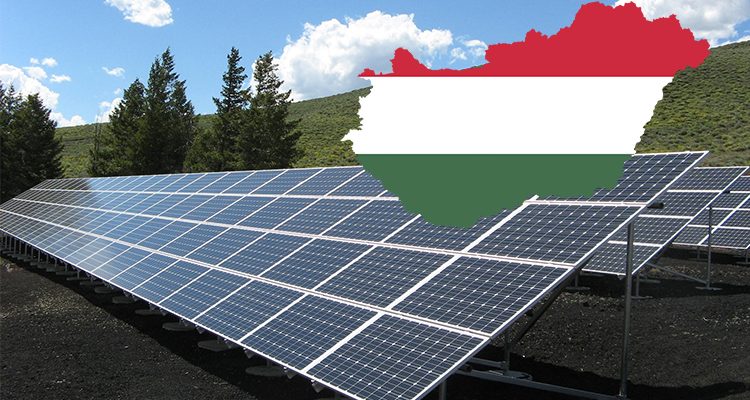Hungary grants selected PV projects 1-year reprieve to encourage completion
Hungary’s government has amended its Decree 389/2007. As a result, selected PV projects that are unlikely to meet their deadline may now receive a 1-year grace period. This is a further step taken to bring along the country’s National Renewable Action Plan.
Hungary is still using nuclear energy and power imports as its main electricity source. In 2014, only 35% of the country’s energy demand was covered by domestic power generation facilities. The country’s government, however, intends to change this, and has launched the National Renewable Action Plan, which aims to cover 14.65% of the electricity demand with renewables by 2020.
KÁT projects unlikely to meet deadline may receive reprieve
In order to bring this forward, the government has now amended the Decree 389/2007, whose aim is to encourage the development of renewable energies in the country. As a result of the change, PV projects approved under the FIT scheme for solar (KÁT) who are unlikely to meet their 2017 deadline can receive a 1-year grace period. Some of the scheme’s projects may already be completed, but there are no official figures regarding this. All projects that benefit from this grace period will forefeit 10% of their support period.
Average feed-in tariff of 0.10 USD/kWh expected
László Szabo, a senior researcher at the Regional Centre for Energy Policy Research (REKK, Hungary), has been quoted on the subject. According to him, all approved projects will have a combined capacity of 2 GW, and are likely to be granted a feed-in tariff with an average rate of 31 HUF (approximately 0.10 USD) per kWh for a 12-15 year period. The final price will be decided upon by local utility Mavir.
Projects have to overcome various obstacles
There are two types of licensing processes for PV projects under the KÁT scheme: those with a capacity between 50 kW and 500 kW benefit from a simplified process, whereas projects over 500 kW face a time-consuming full authorization process.
What is more, Szabo reckons that a lack of qualified installers in Hungary impedes a timely completion of the projects. As a result, developers also face higher installation costs, as compared to more advanced markets.
Official statistics say that Hungary had 168.7 MW of grid connected PV capacity at the end of December 2015. Szabo claims that a further 100 MW were added in 2016.





